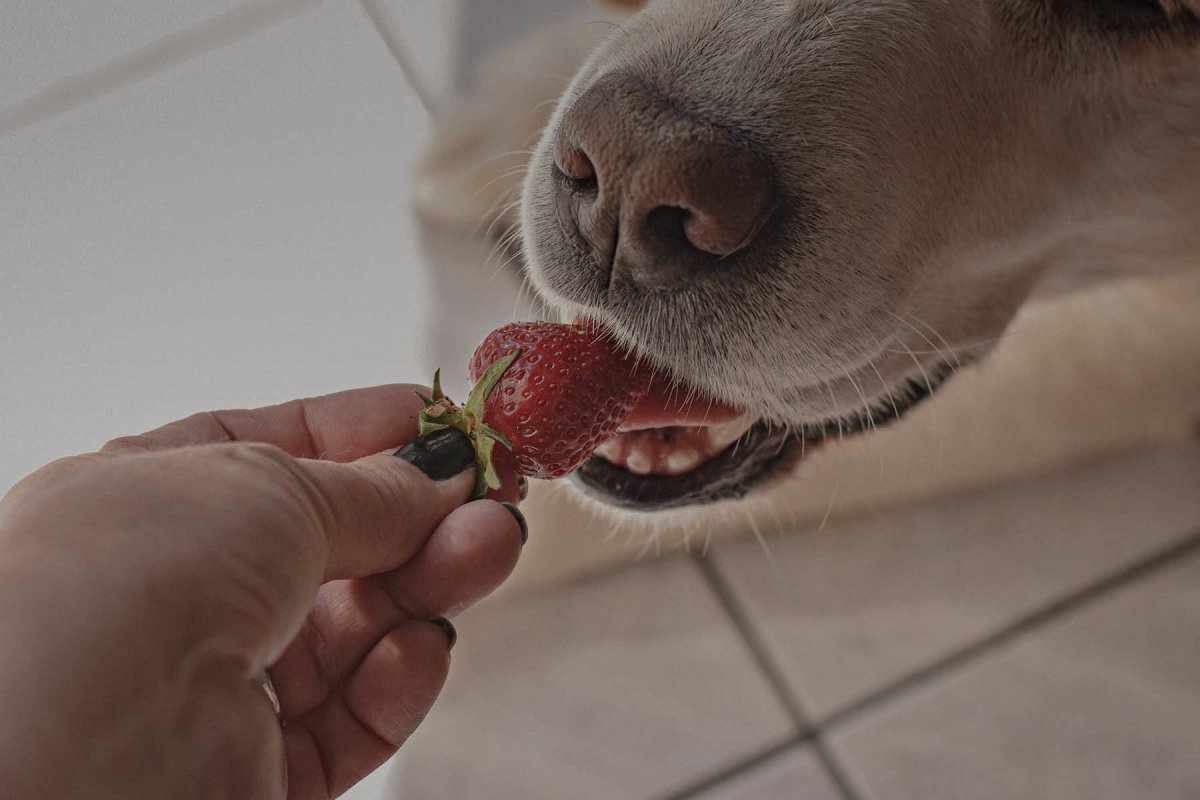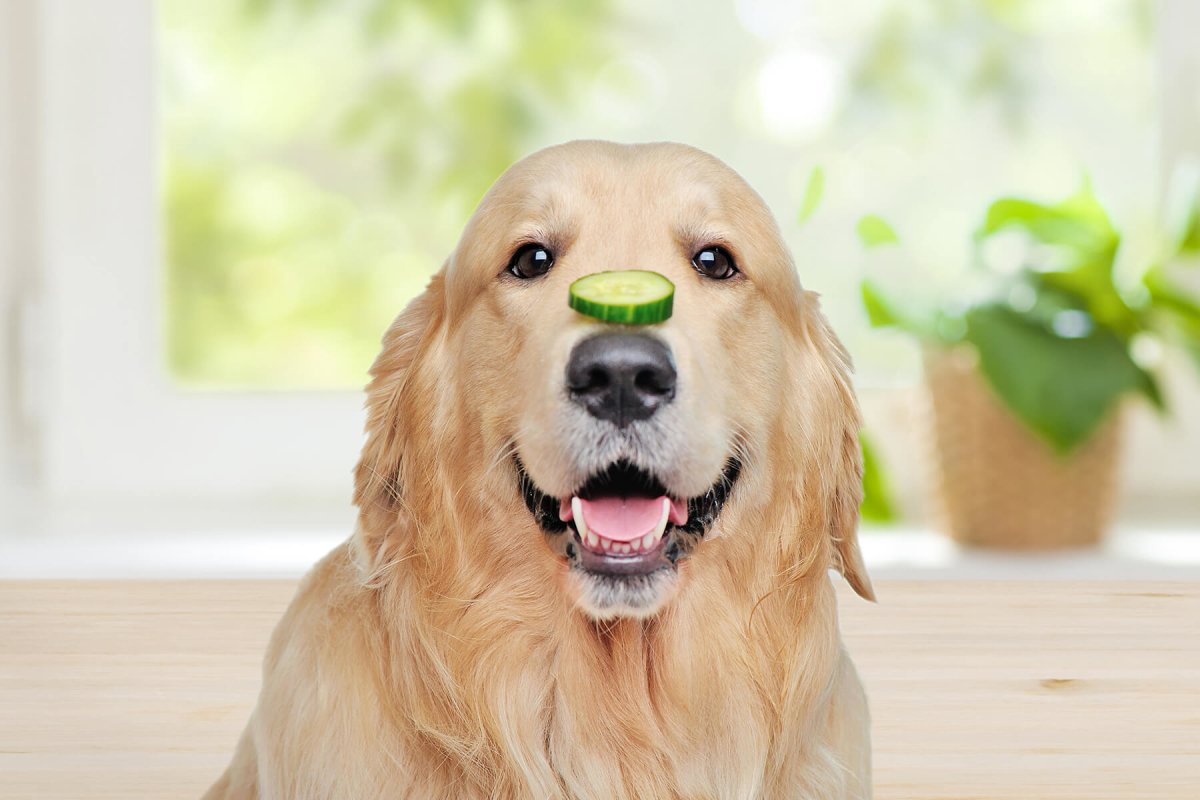Grapes are one of the most popular types of fruit in Germany. However, many dog owners know that the red fruits are not at all healthy for their four-legged friends and can even be quite dangerous. In this article, we explain why grapes are not recommended for dogs and what you need to watch out for if your dog does eat some of these fruits.
Grapes for dogs - better not
Eating grapes can have serious consequences for dogs. It doesn't matter whether they are grapes with or without seeds, red or green, ripe or unripe. Many dogs react to these fruits with symptoms of poisoning. It is not uncommon for dogs to die from eating grapes. However, not all dogs show the same symptoms and the same course of disease after eating grapes. There are reports of dogs that regularly eat kilos of grapes and develop no symptoms. Other animals, however, die of kidney failure within a few days. Scientists have not yet been able to answer why the reaction of dogs is so different.
When can dogs eat grapes?
Grapes are not generally toxic to dogs. Factors such as the quantity of grapes consumed and individual predisposition play an important role. Researchers assume that sensitivity varies greatly within the dog population and that poisoning depends on the dog's individual predisposition. Studies have shown that up to 50% of dogs die from grape poisoning.
It is therefore better not to challenge your four-legged friend's sensitivity and rather refrain from feeding them the tasty fruit.
Symptoms of grape poisoning in dogs?
Grape poisoning can occur even at low doses. 10 g of grapes per kg/body weight (BW) can be enough for your four-legged friend to develop serious symptoms. But it's not just grapes that are harmful to our dogs, grape pomace and raisins can also lead to poisoning. In the case of raisins, just 2.8 g per kg/KGW is enough to cause signs of illness. You should therefore also make sure that your four-legged friend does not eat any muesli bars, pieces of cake or other foods containing grapes.
A review of the data at the Animal Poison Control Center in the USA lists the following symptoms in dogs that have eaten grapes:
- increased blood urea nitrogen concentration
- elevated serum creatinine levels
- vomiting
- lethargy
- feeding disorders/lack of appetite
- diarrhea
- Decreased urine output
- Disorders of movement coordination
- Increase in phosphate and calcium levels in the blood
- Kidney failure and even death
What to do if a dog has eaten grapes?
There is no standard treatment for grape poisoning. Experts still do not know which grape substance leads to poisoning and ultimately to kidney failure.
If your dog does eat grapes, you should react quickly. It is best to contact your vet or a veterinary clinic directly and tell them about the situation. As grapes remain in the stomach for a particularly long time, the dog should be made to vomit up to 2 hours after ingestion. This is best done by the vet at the surgery and not by the owner at home in the garden.
As a rule, it is also advisable to administer activated charcoal, which binds possible toxins and can buy some time during treatment. Infusions and irrigation of the abdominal cavity can also be considered as acute treatment. The dog's kidney function should also be monitored. The vet may also be able to perform a kidney wash (hemodialysis).
At a glance: Can dogs eat grapes?
Grapes canbe very poisonous for dogs
✘ Your dog may even die from the poisoning
✔ Contact the vet immediately
✔ Give activated charcoal after consultation with the vet



